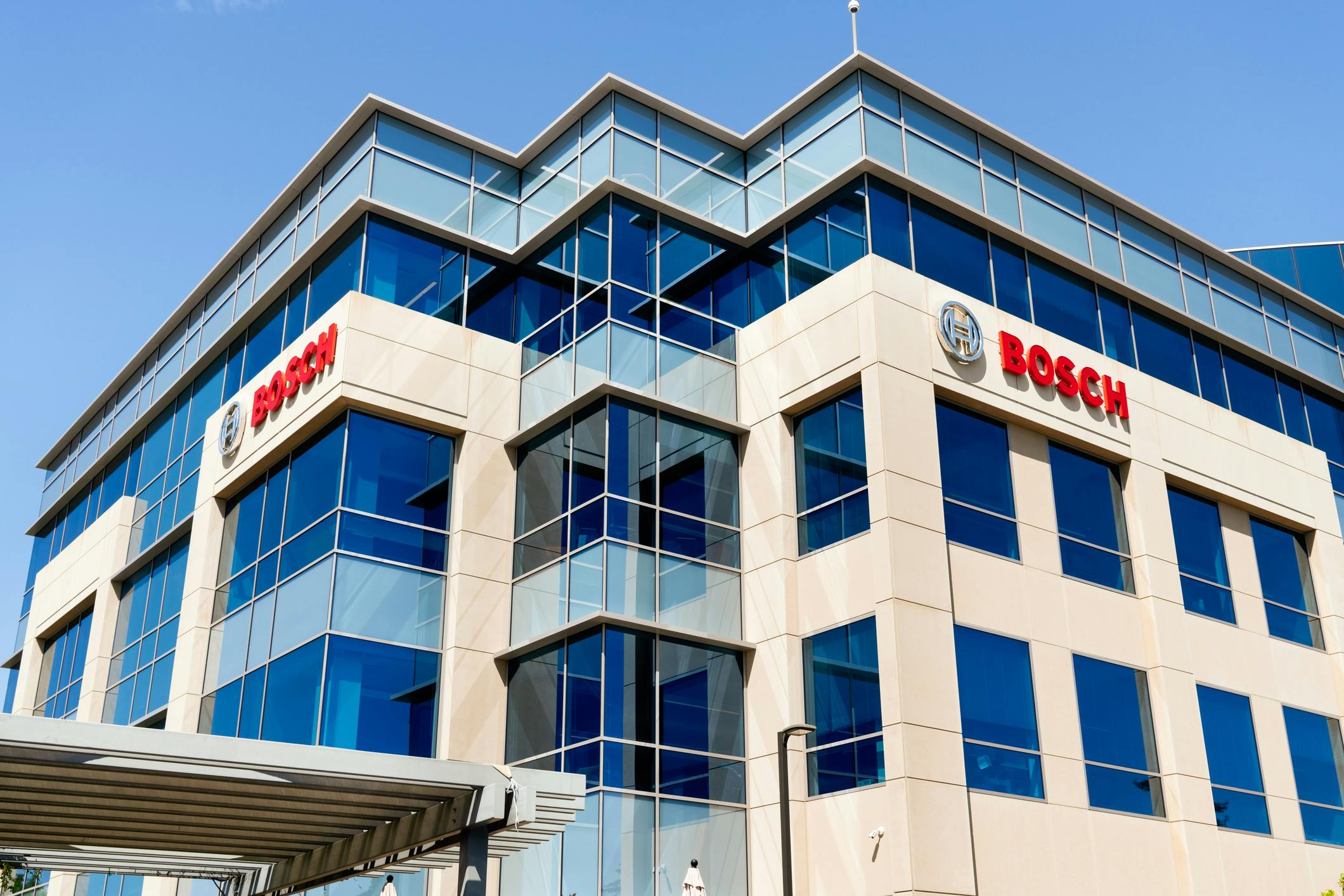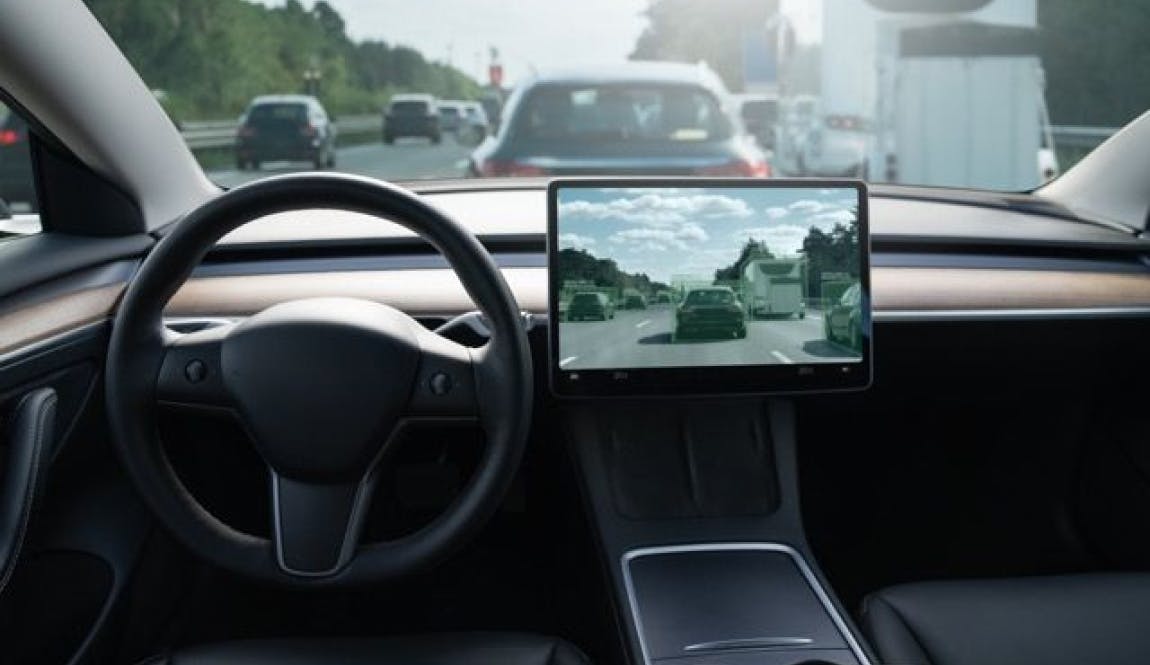Continuum AI is now publicly available. Try out the first confidential LLM platform!

Case study: Bosch

Bosch is a global technology and engineering company, with a concentration on automotive and industrial applications, consumer products, as well as energy and construction solutions. They employ over 420,00 employees and have over €80 billion in annual revenue. A significant aspect of their divisions involves pioneering automated driving systems via the Bosch mobility sector.
To improve their advanced driving assistance systems (ADAS), Bosch managed a project to collect street data. They filmed streets with a front-facing car camera, labelled the video, and used it to train their neural network.
Secure service-to-service communication
Day-2 operations


As a result of the effective encryption in key parts of the video and image processing mechanism, Bosch has a highly scalable AI pipeline and the ability to handle data on Azure.
Everything is done respecting European regulations and privacy, with no loss to analysis capabilities, and at a reasonable cost, thanks to the flexibility of a public cloud.
With confidential computing software, Bosch's collected data is never a liability and always an asset.

“
Trusted execution environments play a crucial role in implementing future-proof data strategies. In our collaboration with Edgeless Systems, their versatile tools turned out to be the missing link between confidential computing and scalable infrastructure.
Sven Trieflinger, Senior Project Manager at Bosch
The form failed to load. Sign up by sending an empty email to contact@edgeless.systems. Loading likely fails because you are using privacy settings or ad blocks.